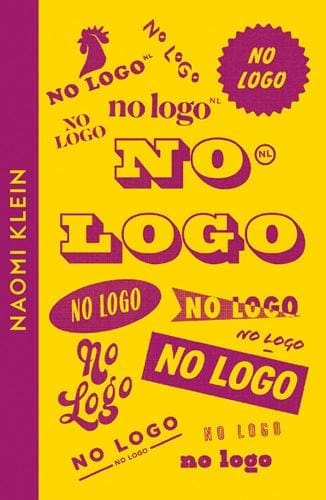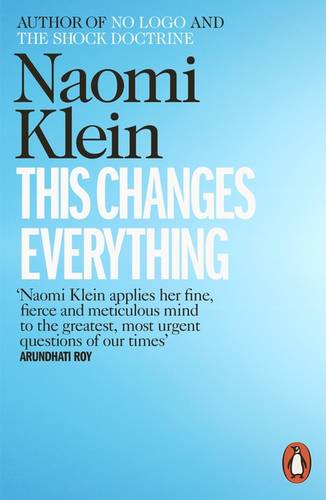Naomi Klein: Activist and Journalist
How Naomi Klein Shapes the Conversation
In the ever-evolving landscape of social and political discourse, few voices resonate as powerfully as that of Naomi Klein. A trailblazer in the realms of activism and journalism, Klein’s life and career have left an indelible mark on the global stage. Born on May 8, 1970, in Montreal, Canada, Klein’s early years were marked by a burgeoning awareness of social injustices, setting the stage for her future as a fierce advocate for change.

Table of Contents
Naomi Klein and Anti-Globalization Activists
Klein’s journey into activism began during her time at the University of Toronto, where she quickly established herself as a vocal critic of neoliberal policies. This early passion for social justice issues laid the foundation for her groundbreaking career as a journalist and author. Her debut book, “No Logo,” published in 1999, was a scathing critique of corporate globalization and its impact on labor, culture, and the environment. The book not only catapulted Klein into the limelight but also became a manifesto for anti-globalization activists around the world.
*All Book Images Open a New tab to our Bookshop
**If you buy books linked to our site, we get 10% commission from Bookshop.org, whose fees support independent bookshops.
No Logo
“No Logo” struck a chord with readers by exposing the exploitative practices of multinational corporations and shedding light on the consequences of unfettered capitalism. Klein’s meticulous research and compelling storytelling drew widespread acclaim, cementing her reputation as a leading voice in the fight against corporate greed. The book’s success also served as a catalyst for a new wave of activism, inspiring grassroots movements to challenge the status quo.
The Shock Doctrine
Following the success of “No Logo,” Klein continued to shape the global conversation with her subsequent works. In “The Shock Doctrine” (2007), she delved into the phenomenon of disaster capitalism, exploring how political and economic elites exploit crises to advance their agenda. The book received accolades for its incisive analysis and was a finalist for the prestigious National Book Critics Circle Award.
This Changes Everything
Klein’s ability to connect the dots between seemingly disparate events and trends has been a hallmark of her work. In “This Changes Everything” (2014), she tackled the urgent issue of climate change, weaving together environmental concerns, economic inequality, and political inertia. The book argued that addressing climate change necessitates a fundamental overhaul of our economic system. While not without controversy, it forced readers to confront the interconnectedness of various global challenges.
Shaping Public Discourse
Critics may argue that Klein’s perspectives are too radical, that her vision of systemic change is unrealistic. However, one cannot deny the impact she has had on shaping public discourse. By challenging the status quo and questioning the prevailing narratives, Klein has pushed society to reevaluate its values and priorities. Her influence extends beyond the pages of her books; it permeates the collective consciousness of a generation hungry for change.
In addition to her many literary contributions, Klein has been a prominent figure in various social movements. From participating in anti-globalization protests to advocating for climate action, she has consistently demonstrated a commitment to translating her ideas into tangible activism. Her involvement in the Leap Manifesto, a Canadian initiative advocating for a just transition to a green economy, showcases her dedication to bridging the gap between theory and practice.

Klein’s impact on social and political culture today is undeniable. Her work has provided a framework for understanding the complexities of our world, urging us to question ingrained beliefs and envision a more equitable future. In an era marked by growing disillusionment with traditional institutions, Klein’s call for systemic change resonates with those seeking alternatives to the status quo.
Working Towards a More Just and Sustainable Alternative
However, no discussion of Naomi Klein would be complete without acknowledging the criticisms leveled against her. Some argue that her solutions are overly utopian, lacking practicality in the face of complex global challenges. While it is essential to engage in robust debates about the feasibility of her proposals, it is equally crucial to recognize the value of her contributions in sparking conversations that may otherwise remain on the sidelines.

Increasingly Relevant Insights
As we move towards an uncertain future, Klein’s insights become increasingly relevant. Her ability to distill complex issues into accessible narratives empowers individuals to grasp the interconnectedness of our world. It is not merely about critiquing the existing system but about imagining and actively working towards a more just and sustainable alternative.
Transformative Power of Ideas
Naomi Klein’s life and career serve as a testament to the transformative power of ideas. From her early activism to her acclaimed books, she has been a guiding force for those seeking a more just and equitable world. While her critics may question the feasibility of her proposals, there is no denying the impact she has had on shaping the discourse of a generation. As we confront the challenges of the 21st century, Klein’s work stands as a reminder that the pursuit of a better world requires bold ideas, thoughtful critique, and unwavering commitment to social change.





























Leave a Comment